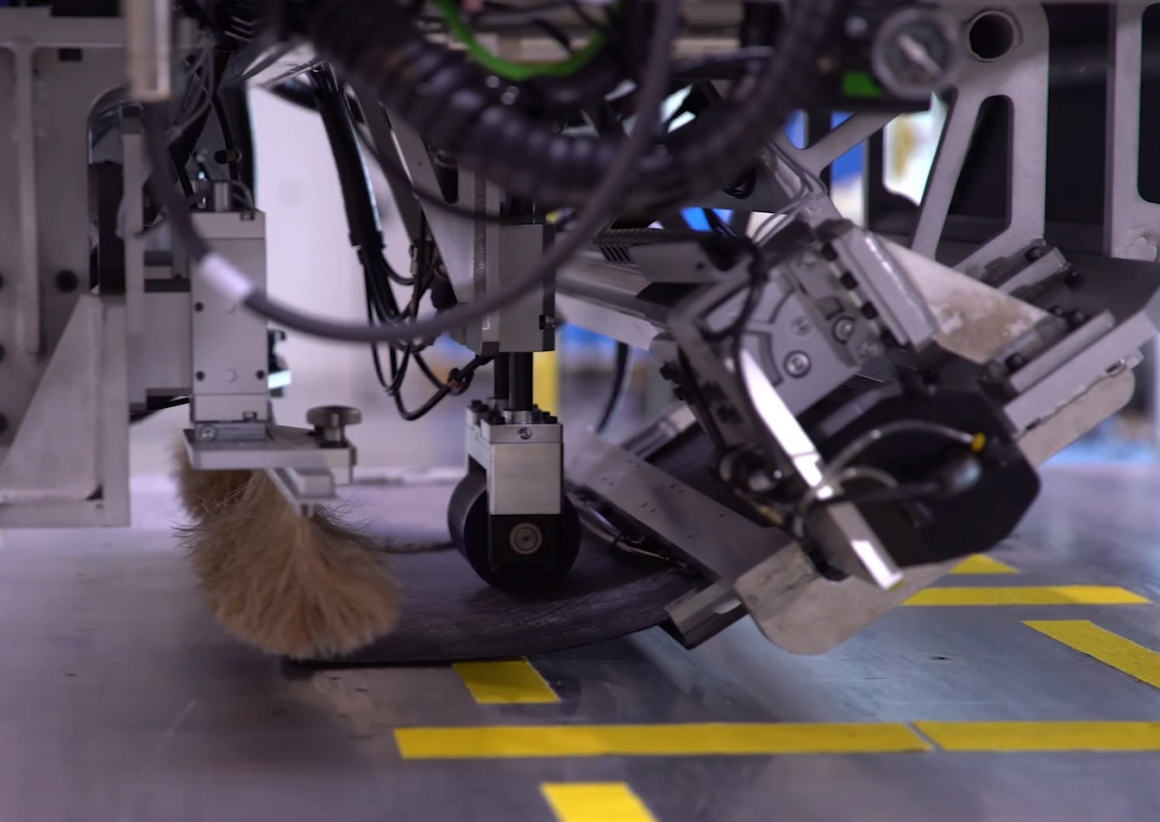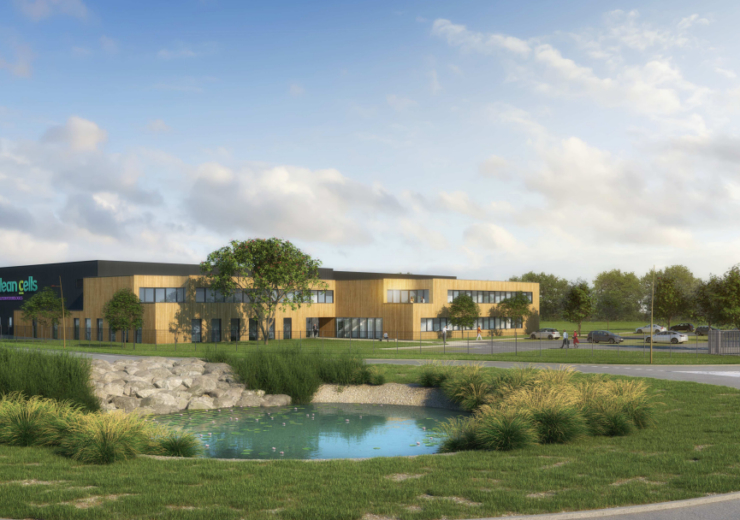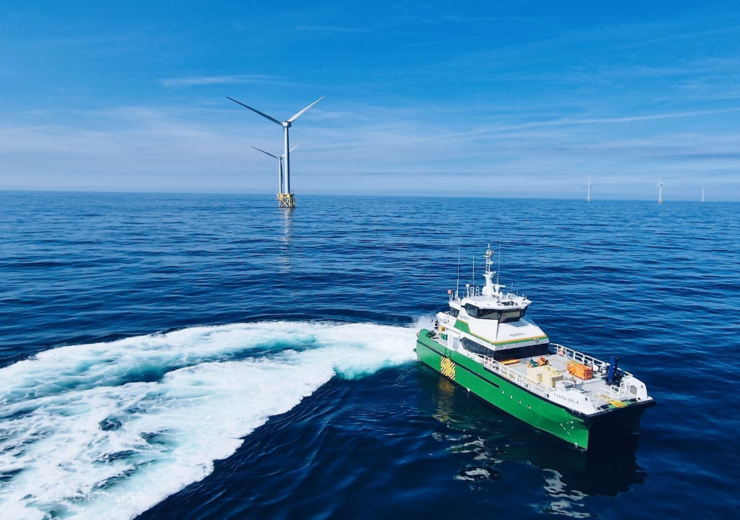The Technological Research Institutes Jules Verne inaugurated a cutting-edge automated production line. Objective: accelerate and optimize the manufacturing of parts made from composite materials, especially for the aeronautics sector.
Madras is an 18 meter long production line composed of three different sectors. One is used for draping (laying flat carbon fibers), another to give its shape to the part, and the last one to add fibers in order to reinforce it.
Located at the IRT Jules Verne in Nantes, the production line is automated and allows this industrial process to be sped up: the objective is to multiply the deposit speed by 6 and the material used by 10!
A €5,6 million R&D project
The Madras pilot production line is the final achievement of the project Wing of the Future. Led by Airbus, this R&D project involving the Technological Research Institutes Jules Verne, Loiretech and Fives Machining represents a budget of €5,6 million of which €1,2 million is for Madras.
The production line will first be used to manufacture aircraft parts, but it could also be used for other long and light parts, for example for trains or wind turbines.
Drastically cutting off material waste
In addition to speeding up production, the Madras line will allow enormous amounts of expensive composite materials to be saved. The Non Crimp Fabric (NCF) bands can indeed be fitted widthways and adjusted to avoid waste.
Whereas the scrap currently represent 100% of the material used in the parts, it will be only 5% thanks to this innovative production line, allowing millions of euros to be saved each year.
Let’s meet at JEC World in May
The JEC World 2020 event has been postponed to May 12-14. If you want to know more about the Atlantic France composites sector, join us in hall 6, booth R74 & R84.


 日本語
日本語  Français
Français 



